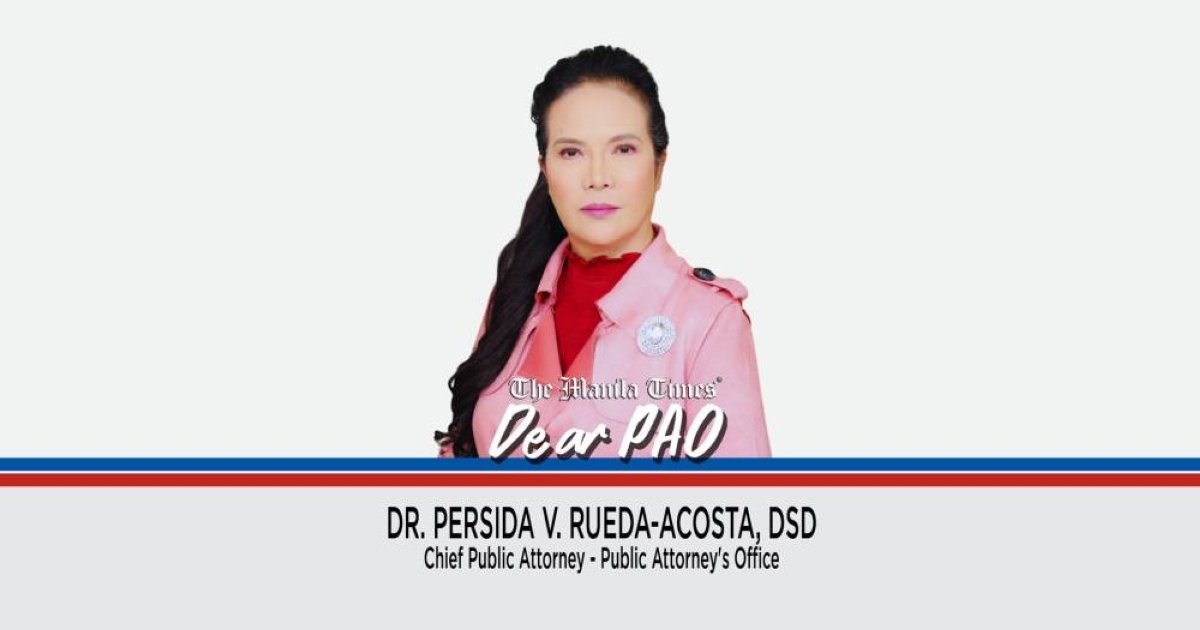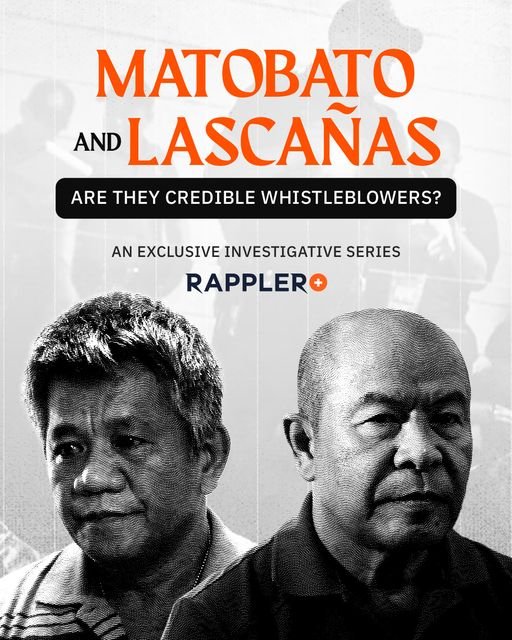Dear PAO,
What is the possible effect if the pre-trial agreement was not signed by the accused? My nephew’s friend is facing a criminal case. According to my nephew, his friend had no participation in the crime he was being accused of. So, during the pre-trial conference, he did not sign the agreement as it allegedly contained pieces of information that he said were neither true nor had happened. Recently, his friend learned that there was already a pre-trial order despite him not having signed the agreement. Although he is not certain if there is really an order, just in case there is, can that pre-trial agreement be used against my nephew’s friend?
Violeta
Dear Violeta,

The stipulations, admissions, or agreements made during the pre-trial conference are required to be reduced in writing and must be signed by the accused, as well as his or her counsel. These matters, as well as the evidence marked and the actions taken by the court, shall be reflected in the pre-trial order to be issued by the court after the pre-trial conference.
As specifically provided for under Rule 118 of the Revised Rules of Criminal Procedure:
“Section 2. Pre-trial agreement. – All agreements or admissions made or entered during the pre-trial conference shall be reduced in writing and signed by the accused and counsel, otherwise, they cannot be used against the accused. The agreements covering the matters referred to in section 1 of this Rule shall be approved by the court. x x x
“Section 4. Pre-trial order. – After the pre-trial conference, the court shall issue an order reciting the actions taken, the facts stipulated, and evidence marked. Such order shall bind the parties, limit the trial to matters not disposed of, and control the course of the action during the trial, unless modified by the court to prevent manifest injustice.”
It is essential to comply with the foregoing requirements, as these are measures adopted in order to protect the rights of the accused against unsanctioned agreements that may be entered into without his or her knowledge and conformity. The Supreme Court, through Associate Justice Mariano del Castillo, elucidated in the case of People of the Philippines v. Saturnino Villanueva (GR 181829, Sept. 8, 2010):
“Moreover, appellant’s admission during the pre-trial that ‘AAA’ was a minor below 12 years of age would not help the prosecution’s case. First, the trial court found this admission inaccurate as in fact, ‘AAA’ was already above 12 years of age when the rape incident transpired on June 9, 2002. Second and more important, appellant’s admission during pre-trial is not admissible as it violates Section 2, Rule 118 of the Rules of Court which explicitly provides that: ‘All agreements or admissions made or entered during the pre-trial conference shall be reduced in writing and signed by the accused and his counsel, otherwise they cannot be used against the accused. x x x.’ In People v. Chua Uy, we held that: x x x
“Put in another way, to bind the accused the pre-trial order must be signed not only by him but his counsel as well. The purpose of this requirement is to further safeguard the rights of the accused against improvident or unauthorized agreements or admissions which his counsel may have entered into without his knowledge, as he may have waived his presence at the pre-trial conference; eliminate any doubt on the conformity of the accused of the facts agreed upon.” (Emphasis supplied)
As a corollary, the pre-trial agreement may not be used against your nephew’s friend if he did not sign it. The same holds true even if a pre-trial order was issued by the court. The accused cannot be bound by stipulations or admissions to which he did not expressly signify his conformity; therefore, they may not be used against him.
We hope that we were able to answer your queries. Please be reminded that this advice is based solely on the facts you have narrated and our appreciation of the same. Our opinion may vary when other facts are changed or elaborated on.
Editor’s note: Dear PAO is a daily column of the Public Attorney’s Office. Questions for Chief Acosta may be sent to [email protected]










